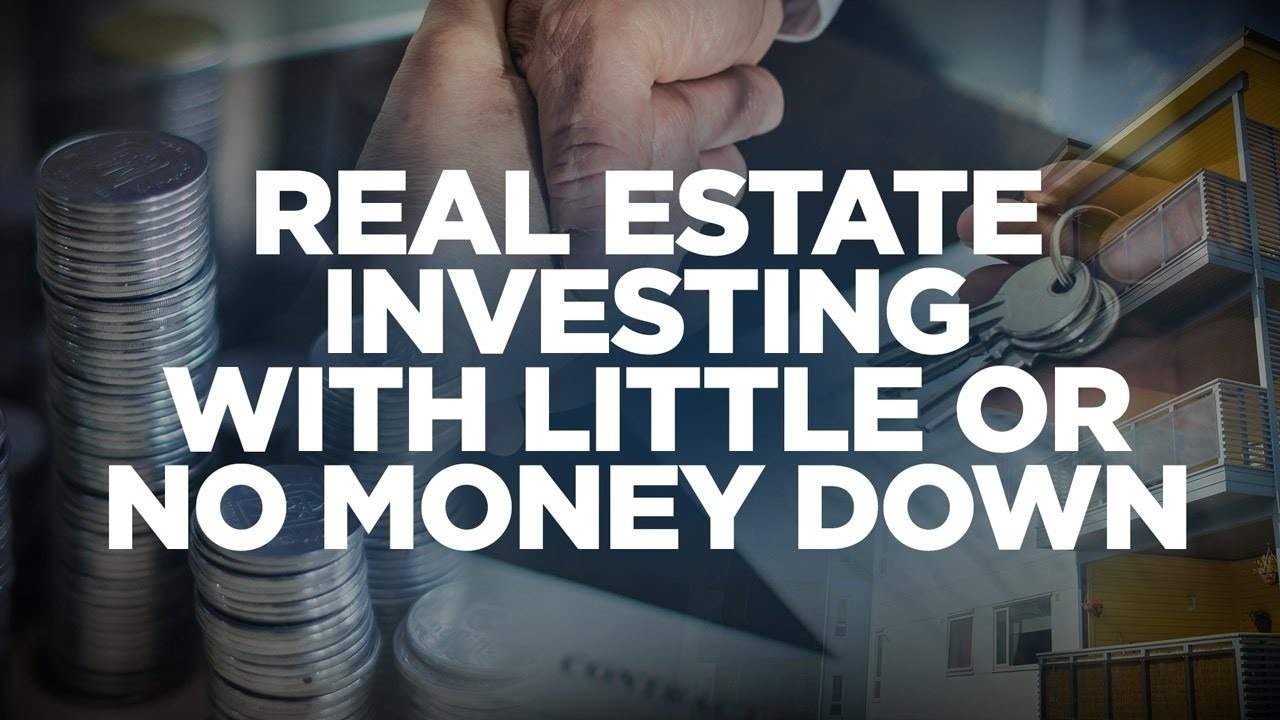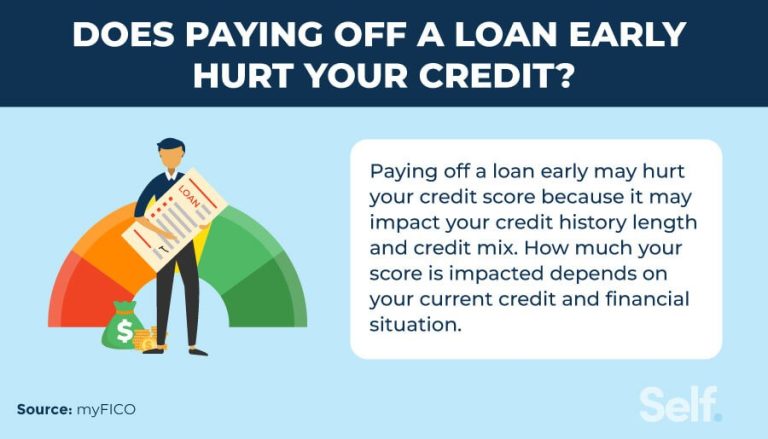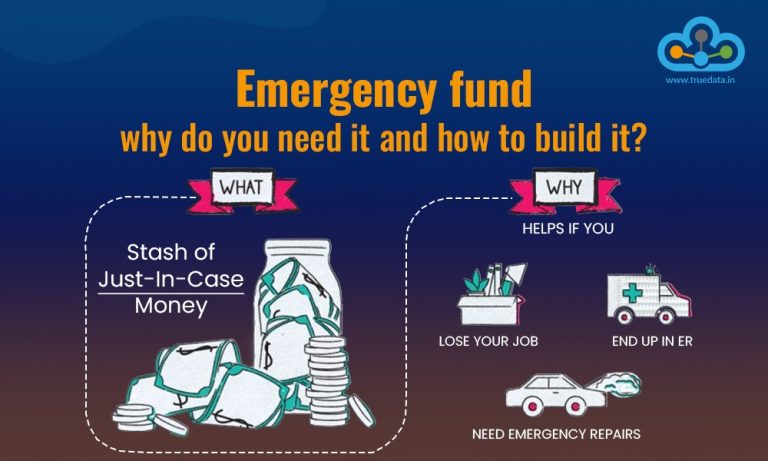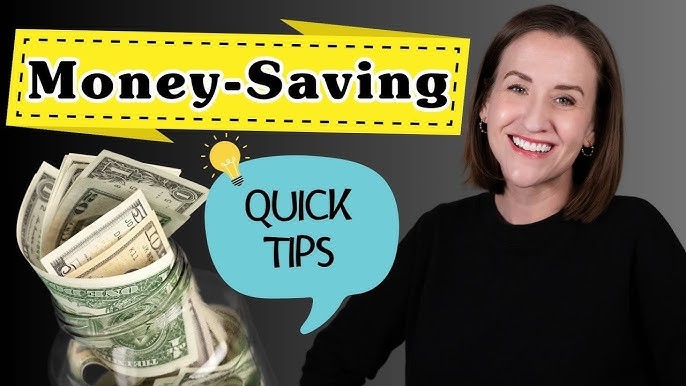How to Invest in Real Estate with Little to No Money
Real estate has long been lauded as a powerful vehicle for wealth creation, offering tangible assets, potential for passive income, and appreciation over time. However, the traditional entry barrier—the substantial capital required for a down payment, closing costs, and renovations—often deters aspiring investors. The notion that real estate investing is solely for the affluent is a common misconception. In today’s dynamic market, a variety of innovative strategies exist that allow individuals to enter the real estate arena with surprisingly little, or even no, upfront money. These approaches often demand more time, effort, and creativity than traditional methods, but they open the door to a world of opportunity for resourceful individuals.
One of the most accessible and popular strategies for investing in real estate with limited funds is “house hacking.” This ingenious method involves purchasing a multi-unit property—a duplex, triplex, or even a single-family home with rentable rooms or an Accessory Dwelling Unit (ADU)—and living in one unit while renting out the others. The rental income generated from the other units can significantly offset, or even entirely cover, your mortgage payments and other housing expenses. The beauty of house hacking lies in its ability to leverage owner-occupant financing, such as FHA loans, which often require down payments as low as 3.5%, significantly less than the typical 20% required for an investment property. This strategy not only minimizes your personal housing costs but also allows you to gain invaluable landlord experience and build equity in a cash-flowing asset from day one.
Beyond direct property ownership, the digital age has democratized real estate investing through crowdfunding platforms and Real Estate Investment Trusts (REITs). These avenues allow individuals to invest in real estate projects or portfolios with relatively small amounts of capital. REITs are companies that own, operate, or finance income-producing real estate across various sectors like shopping malls, apartment complexes, or office buildings. When you buy shares in a REIT, you’re essentially buying a tiny share of a large, diversified real estate portfolio, much like buying shares in a stock. REITs are publicly traded, offering liquidity and professional management, and they typically pay out a significant portion of their taxable income as dividends, making them attractive for income-seeking investors. Real estate crowdfunding platforms, on the other hand, pool money from numerous investors to fund specific real estate projects, ranging from residential developments to commercial properties. Many platforms allow you to start with investments as low as a few hundred or even tens of dollars, offering a low barrier to entry and the ability to diversify across multiple projects. While these options don’t give you direct control over a physical property, they provide exposure to the real estate market and its potential returns without the burdens of traditional ownership.
For those with a strong entrepreneurial spirit and a knack for negotiation, real estate wholesaling presents an intriguing “no money down” opportunity. In wholesaling, you act as a middleman. You find distressed properties or motivated sellers, negotiate a deeply discounted purchase price, and then put the property under contract. Crucially, you don’t actually buy the property yourself. Instead, you assign that contract to another real estate investor (a “cash buyer” or “rehabber”) for a higher price, and your profit comes from the difference, known as an assignment fee. This strategy requires exceptional networking skills, a deep understanding of local market values, and the ability to find and market deals effectively. While it demands significant hustle and problem-solving, it truly can be done with virtually no capital, leveraging your time and negotiation abilities rather than your bank account.
Another creative financing strategy is “seller financing” or “owner financing.” In this scenario, the property owner acts as the lender, essentially bypassing traditional banks. Instead of securing a mortgage from a financial institution, the buyer makes payments directly to the seller over an agreed-upon period. This can be particularly beneficial for buyers who may not qualify for a traditional loan or who want to avoid the stringent requirements and closing costs of bank financing. For the seller, it can offer a faster sale, a steady income stream, and potential tax advantages. Success with seller financing often hinges on finding motivated sellers who are open to non-traditional terms and structuring a mutually beneficial agreement.
Lease options, also known as rent-to-own agreements, offer another pathway to real estate without immediate full ownership. Under a lease option, you rent a property with the exclusive right to purchase it at a predetermined price within a specified timeframe. A portion of your monthly rent might even be credited towards the eventual down payment. This strategy gives you time to build up your credit score, save more capital, or secure traditional financing, all while “controlling” the property. It allows you to get your foot in the door of a property you aspire to own, giving you immediate occupancy and potential for future equity, without the immediate demand for a large down payment.
Finally, forming strategic partnerships can unlock real estate investment opportunities that would be out of reach individually. If you have valuable skills – perhaps you’re excellent at finding deals, managing renovations, or marketing properties – but lack capital, you can partner with someone who has the financial resources but lacks the time or expertise. This allows you to leverage “other people’s money” (OPM) by contributing your “sweat equity” or specialized knowledge. Clear, legally binding agreements outlining roles, responsibilities, and profit-sharing are essential for successful partnerships.
While these strategies demonstrate that real estate investing isn’t exclusively for the wealthy, they are not without their demands. Each approach requires varying degrees of time commitment, education, negotiation skills, and a willingness to embrace creative problem-solving. Success often stems from diligent research, networking, and a persistent drive to find unique opportunities. However, for those willing to put in the effort, the dream of building wealth through real estate, even with little to no initial capital, is an entirely achievable reality.







